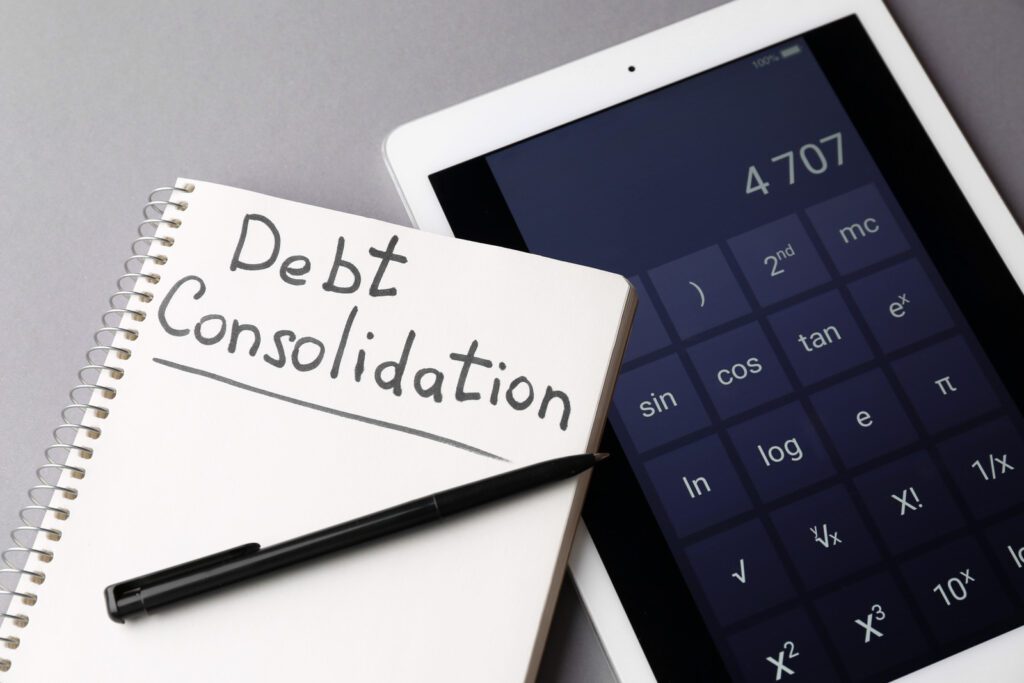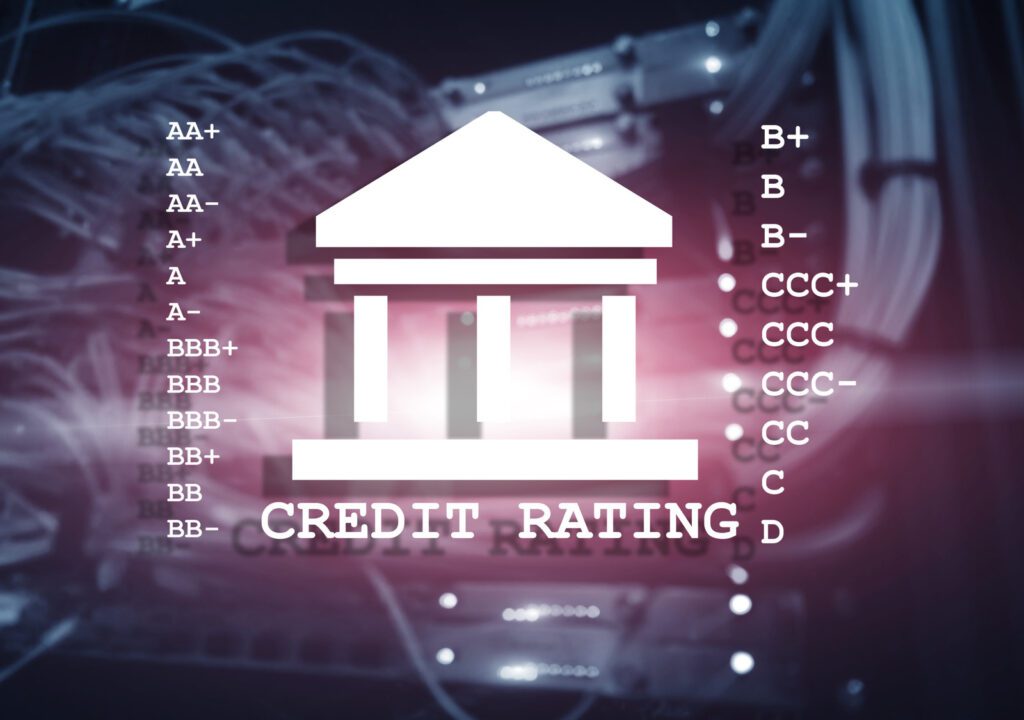
When dealing with multiple debts, managing them can become overwhelming and lead to financial stress. Debt consolidation is a strategy that many Australians consider to simplify their repayments and potentially reduce interest rates. But does consolidating debt hurt your credit score? Understanding the impact of debt consolidation on your credit score is crucial before deciding if this financial strategy is right for you.
Debt consolidation involves combining several debts into one single loan. This typically means taking out a new loan to pay off multiple existing debts, such as credit card balances, personal loans, and other liabilities. The new loan usually has a lower interest rate, making it easier to manage payments. However, while debt consolidation can simplify repayments, it can also have implications for your credit score.
Consolidating debt can both positively and negatively affect your credit score in Australia. Here are some key factors to consider:
Consolidating debt can hurt your credit score if not managed properly. Here are scenarios where it might negatively impact your score:
The credit utilisation rate measures the proportion of your credit limit that you are currently using. This percentage gives lenders insight into your credit management habits. A lower utilisation rate generally suggests that you are managing your credit responsibly, whereas a higher rate may indicate potential financial strain or over-reliance on credit.
To calculate your credit utilisation rate, divide your total outstanding credit card balance by your total credit limit, and then multiply by 100 to convert it to a percentage.
Suppose you have a credit card with a balance of $600 and a credit limit of $2,000. The credit utilisation rate would be calculated as follows:
In this scenario, you are using 30% of your available credit, which is generally considered a healthy utilisation rate.
If you have more than one credit card or line of credit, your overall credit utilisation rate is calculated by adding up all your balances and dividing by the total credit limit across all accounts.
Consider that, in addition to the previous card, you have another credit card with a limit of $1,000 and an outstanding balance of $250. To find your total credit utilisation rate:
The overall credit utilisation rate would be:
This combined utilisation rate shows that you are using about 28% of your available credit.
Per-Card Credit Utilisation Rate

In addition to the overall rate, credit agencies like Experian may also calculate the credit utilisation rate for each individual credit card. Using the earlier example, the rates would be:
Calculating the utilisation rate on a per-card basis helps lenders see how you manage individual credit accounts.
Maintaining a low credit utilisation rate is beneficial for several reasons:
On the other hand, a high credit utilisation rate might signal to lenders that you are overextended, potentially leading to higher borrowing costs or difficulty securing new credit.
By keeping your credit utilisation rate low, you can demonstrate financial responsibility and enhance your credit profile.
Aside from its effects on your credit score, debt consolidation offers several other benefits:
To ensure debt consolidation benefits your financial situation and minimizes the risk of it hurting your credit score, consider the following tips:
If you're unsure whether consolidating debt is right for you, consider these alternative strategies:
Consolidating debt can either help or hurt your credit score depending on how you manage it. By understanding the potential impacts and taking steps to manage your debts responsibly, you can use consolidation as an effective tool to improve your financial situation.
In summary:
Do you have questions about your credit score and how to fix it? Australian Credit Solutions is here to assist. Whether it's understanding the nuances of consolidating debt hurt credit score scenarios or strategizing to improve your financial standing, our experts are ready to offer the support you need.
Contact us now to embark on your journey towards financial wellness today.
There are several reasons why you should choose Australian Credit Solutions from the many credit repair services available. If you're new to credit repair, we can help review your credit record, identify issues, and create a credit fix strategy tailored for your specific financial situation.
Our team of reliable Credit Solutions can help you identify negative items, fix errors, file disputes, improve your credit score, and get finance. We also provide advice on how to manage your credit and maintain a good credit score so you can stay on top of your finances.
If you need assistance, kindly get in touch with us today. We will communicate clearly and our dedicated Credit Repair specialist will give your Credit file the attention it deserves to get it back on track
Simply click below to fill out the Credit Assessment form and also Schedule a meeting with our Credit Repair Specialist.
You can get a Free Copy of your Credit File on Equifax website or we can organise a premium report for you.
We’ll give you all the information you need to know where you stand.
If you are looking forward to fixing your credit and getting finance as soon as possible, you may contact us or fill out the form on this page to get started